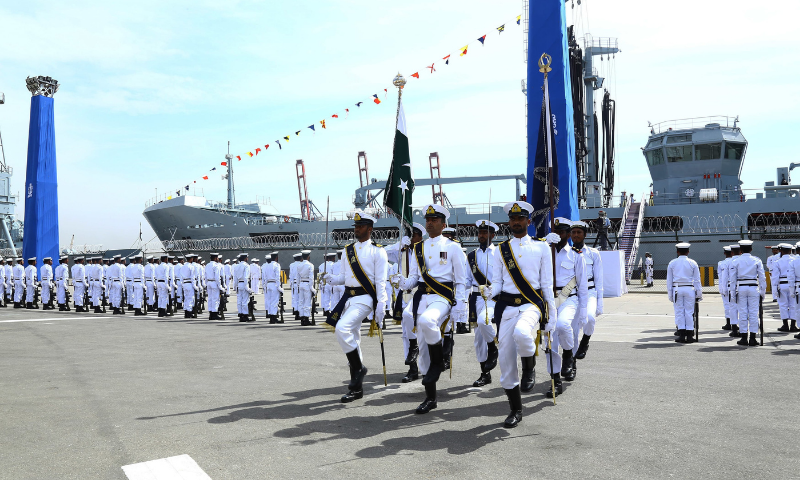Pakistan’s Dawn newspaper reported a few days ago that the Pakistani navy is participating in this year’s iteration of the annual Sea Breeze military exercise in the Black Sea. Pakistan is one of 32 nations involved in the war games co-hosted by the U.S. and Ukraine.
Those nations include a majority of NATO’s thirty member states and several members of various NATO partnership programs: Australia (Partners Across the Globe), Egypt (Mediterranean Dialogue), Georgia (Partnership for Peace/Enhanced Opportunity Partners), Japan (Partners Across the Globe), Moldova (Partnership for Peace), Morocco (Mediterranean Dialogue), Pakistan (Partners Across the Globe), South Korea (Partners Across the Globe), Sweden (Partnership for Peace/Enhanced Opportunity Partners), Tunisia (Mediterranean Dialogue), the United Arab Emirates (Istanbul Cooperation Initiative) and Ukraine (Partnership for Peace/Enhanced Opportunity Partners). If anyone has ever been curious about what a worldwide military alliance would look like, here it is.
Other participants have not been identified as NATO partners so far but evidently soon will be: Brazil and Senegal.
Altogether there are military personnel and assets from nations on all six populated continents.

The Pakistani navy has confirmed its participation with these words: “Pakistan is among the participating countries and the Pakistan Defence Attaché in Ukraine will participate as an observer.”
The scramble for Afghanistan and beyond that Central Asia is already well underway. Pakistan is a close ally of NATO’s powerhouse Turkey, which has recommended it as a partner in running the Afghan international airport after all U.S. and NATO personnel other than Turkey’s have left the nation.
Pakistan’s involvement in war games off the coast of Russia, including the power keg that is Crimea where the Russian Black Sea Fleet is based, is significant. Equally significant is Pakistan’s growing bilateral military relations with both Turkey and Azerbaijan, and an evolving Ankara-Baku-Islamabad military axis that could play a dominant role in the Caucasus, the Caspian Sea and Central and South Asia from the Black Sea to the Indian subcontinent. Both independently and in tandem with NATO designs on that strategic stretch of Eurasia.


